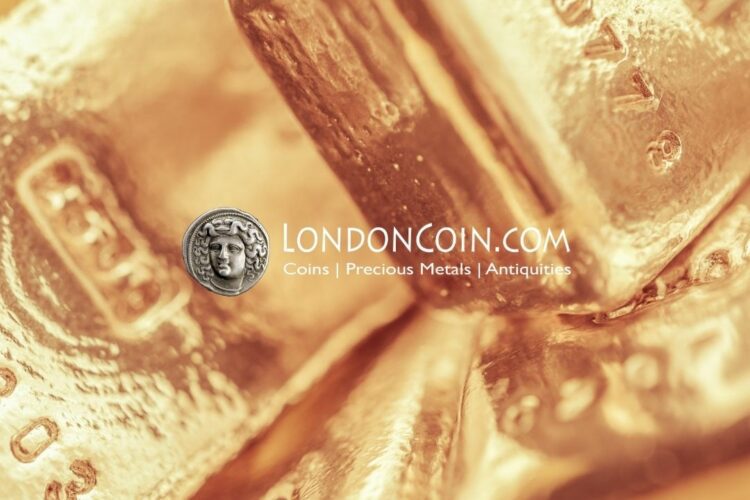Making investments is all about diversification. Whether you choose stocks, bonds, mutual funds, or something safer like precious metals, choosing a wide array of places to put your money is essential to building wealth. But like any other investment, the tax man will come calling when you sell your investment. While paying taxes on investments such as stocks is as simple as knowing the capital gains tax, taxes on precious metals can feel a bit trickier. If you’re planning on trading precious metals, here’s what you need to know about your taxes.
What Is the Tax Rate on Precious Metals When You Sell?
The tax rate on precious metals depends on how long you hold them. If you hold gold, silver, platinum, or palladium for less than one year, it’s not taxed at the same rate as if you held it for longer than a year.
If you buy and sell precious metals for less than a year, your gains (not the total selling price) are taxed at your income tax bracket rate. For example, if you sold gold for a $1,000 profit after holding it for six months and your tax bracket was 22%, you would pay $220 on the sale of precious metals. The amount you pay will vary depending on your income, ranging from 10% to 37%.
If you hold any precious metal for longer than a year, the IRS taxes it as a collectible. While stocks, bonds, and mutual funds are taxed at a capital gains rate of 15% or 20%, the tax rate for collectibles is 28%. Another example would be if you bought silver bullion, held it for a year, and sold it for a $2,000 profit. In this case, your collectibles tax would be $560.
Do You Pay Taxes When You Buy Precious Metals?
When you buy precious metals, you aren’t subject to any taxes. The only thing you might pay extra for are any fees associated with purchasing the metal. Some states allow the purchase of metals and coins tax-free, including:
- Alaska
- Delaware
- Montana
- New Hampshire
- Oregon
Keep in mind that other states may or may not charge sales tax depending on the type of metal you’re purchasing.
Do I Have to Pay Taxes If I Lose Money on the Sale of a Precious Metal?
If you sell your precious metals at a loss, it’s a capital loss instead of a capital gain. In this situation, you have a variety of options. You can take this loss as an offset against any other capital gains you have during the year from the sale of other securities. If you don’t sell any other investments, you can write this loss off your taxable income. For example, if you made $60,000, but you sold the precious metals at a $1,000 loss, your taxable income would drop to $59,000, lowering your tax liability in the process.
Buying and selling precious metals can be a valuable source of income or value to your portfolio, but don’t forget about the tax man. The best thing you can do is take the amount of tax you owe and put it in a savings account. This way, it earns interest until you pay your taxes. With the after-tax profits, you can pay off debt, go out to a nice dinner, or treat yourself in some other way. That’s the best part of your investment in precious metals.
For multiple decades, London Coin Galleries of Newport Beach has helped thousands of customers buy and liquidate precious metals. This article is for informational purposes only and should not be construed as tax advice. Verify taxes for your particular area and discuss the details with your tax professional.
We are an Orange County Coin dealer, experienced in numismatic value. We buy and sell coins, artifacts, and precious metals on a daily basis.
Whether you have one coin or an entire collection you’d like to buy or sell, we are here to help. We ask you to schedule an appointment before coming into our gallery in order to give you the ample time needed when serving you.



